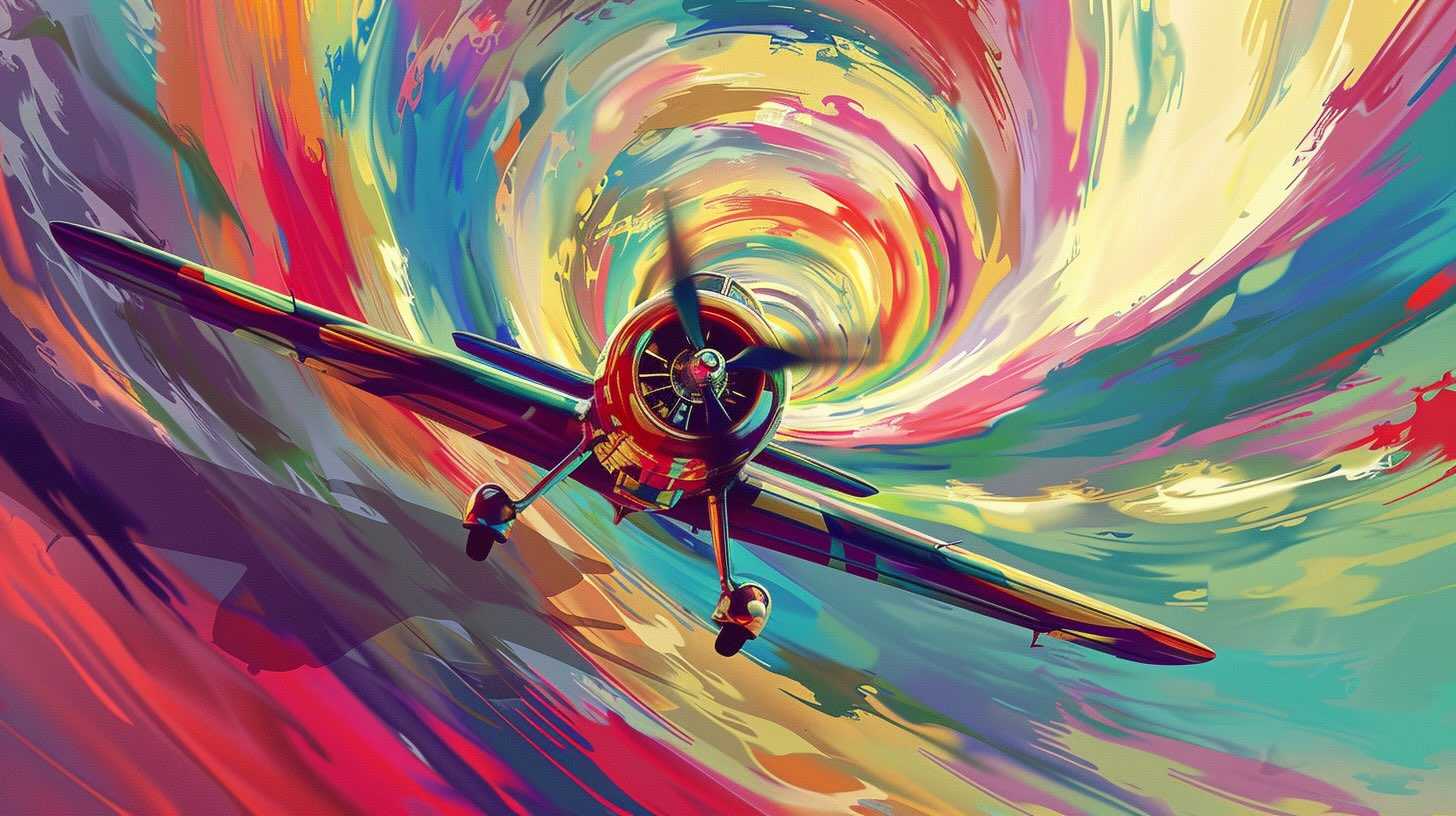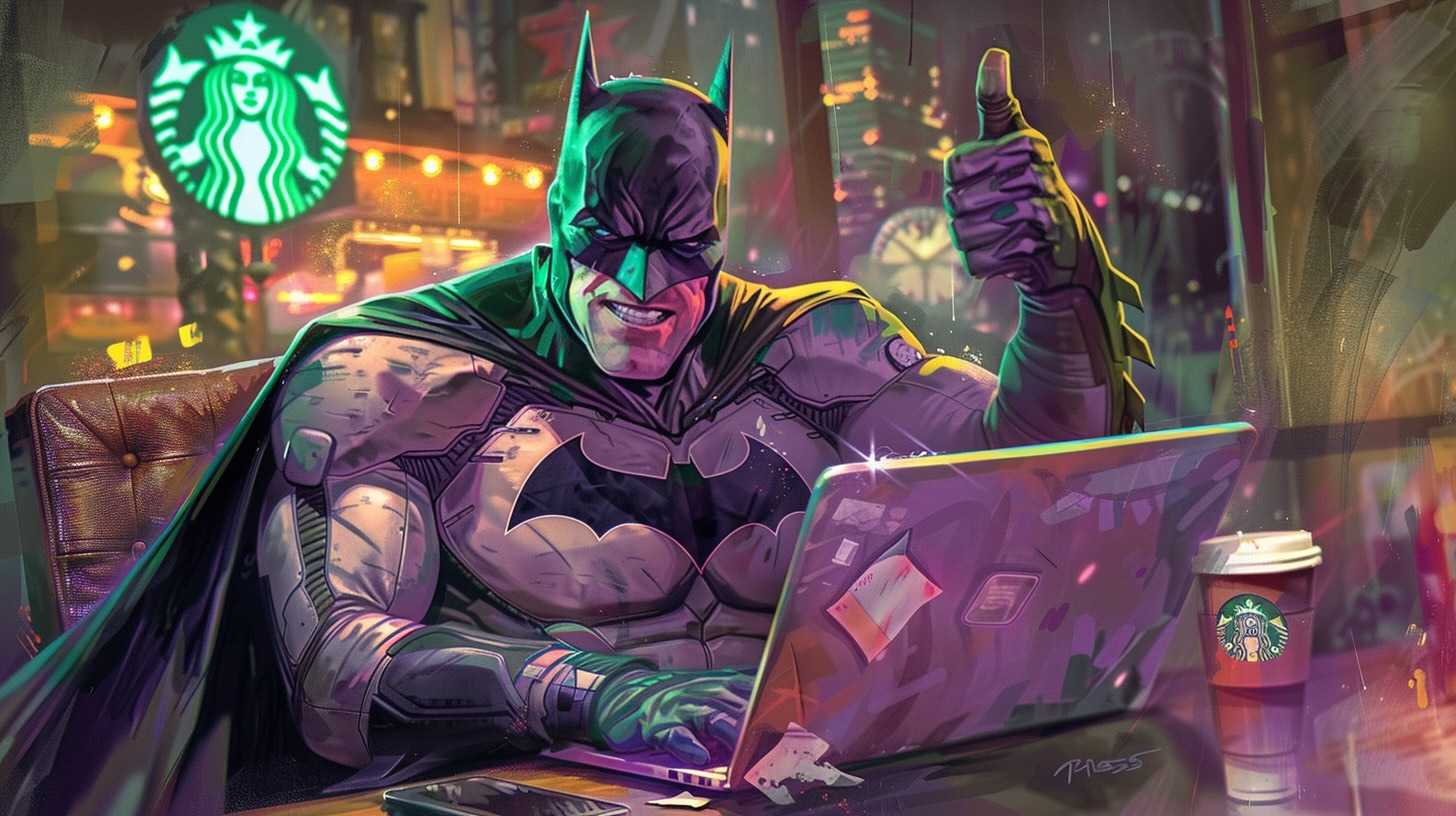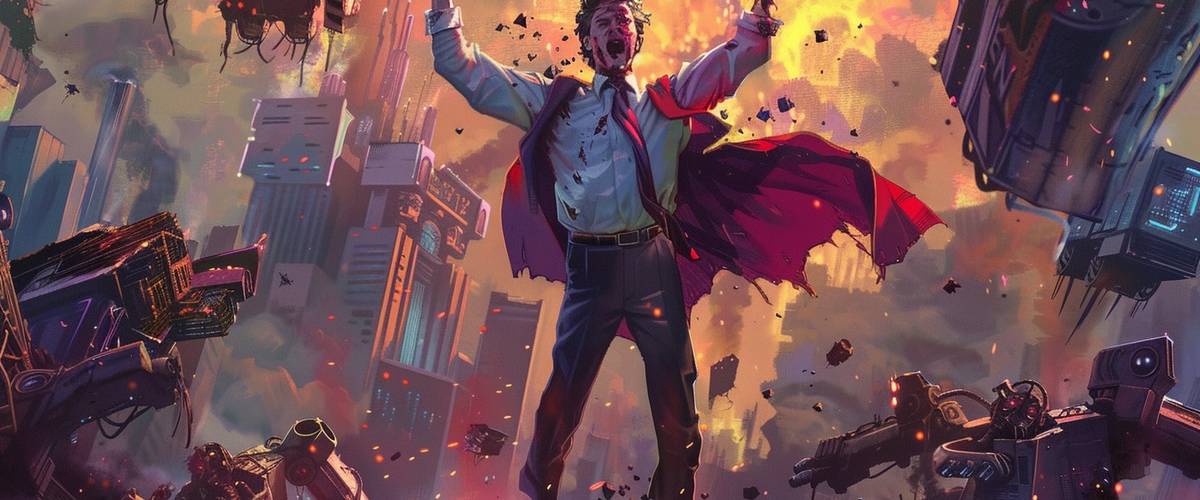I'm an addict. Yes, I'm addicted to the rush that comes every time I swoop in to save the day when there's some bug, outage, or issue. I'm addicted to the praise and admiration of those whose pain I've remedied. And, the more I think about it, and maybe closer to the truth, I'm addicted to some fleeting validation that I'm still needed and vital in my organization.
Does that sound like you at all? Are you looking forward to the next nose dive so that you can be the hero who masterfully pulls back on the stick to avoid catastrophe?
If so, I had a realization from watching countless Marvel movies that may be worth reflecting on...
Superheroes sometimes die saving the day, and, at minimum, they usually get pretty wounded.
The Heroes Journey
If you take any time at all to watch any superhero movie (skip the Green Lantern), I'm sure you can spot the familiar story arc:
- A somewhat flawed human is bestowed an extraordinary gift or opportunity.
- Said human are amazed at their wondrous abilities and makes a decision to make their world a better place somehow.
- Shit hits the fan.
- Our hero is now thrust into an epic battle against all odds.
- After the carnage settles, there is celebration as the shell of a person licks their wounds and attempts to recover.
- Roll credits.
- The inevitable sequels, where the shit hits the fan yet again, but somehow worse.
For many of us, our careers follow this same sequence:
- Somewhat flawed human finds their "dream job."
- Said human shows up for the first few months, infinitely optimistic that everything will be awesome!
- Shit hits the fan.
- Our protagonist drops everything they are doing, cancels plans, ignores the family and their health, and rushes into action to save the day.
- Now tired, exhausted, and with the optimism reserves slightly depleted, they are praised in Slack, Zoom, or wherever folks are gathered. The high feels damn good.
- Stuff is normal for awhile.
- Another "emergency" arrives on the horizon, and the bat signal shines brightly in the sky. We need a hero to save us again!
I've personally witnessed many incredibly talented people fall into this hero loop. Sadly, the outcome is almost 100% predictable: absolute and utter burnout.
So, what do we often do? We quit that job because "the place is crazy," and we find ourselves excited for the new opportunity that stands before us because that place will be obviously much better.
Spoiler alert: It's not better—it's just a sequel. We all know sequels are usually worse.
Breaking the Death Spiral

In aviation, there's a term called the Graveyard Spiral, which is defined as:
An unintentional maneuver characterized by a steep descent and tight banking turn. If left uncorrected, this flight pattern culminates in structural failure or fatal collision with the ground at high speed.
Without getting too nerdy into aviation terminology, the death spiral happens when a pilot becomes disoriented and loses sight of the horizon.
As perpetual heroes, we will inevitably find ourselves losing sight of our own horizon and entering a career graveyard spiral. We lose sight of what's truly important in life. Our family. Our hobbies. Our health.
It's happened to me and countless others, and it will happen to you.
Okay, I'm assuming you don't want to kiss the ground at terminal velocity. So why do we do this to ourselves, and what are we to do about it?
Why We Love to Wear Capes

We eat shitty food because it tastes good and it's cheap and makes us happy. We drink too much alcohol because it helps us escape reality and be the fun guy at the party.
When we do something unhealthy, it's generally because it serves us somehow.
Being the hero appears to serve us in several ways:
- It strokes our ego and makes us feel valued and validated.
- Reciprocal altruism makes us think that "eventually this act of service will come back to me someday."
- We get to tell a story where we are at the victorious main character.
What if none of those things are actually true? What if the company says it values you but really just cares about the bottom line? What if you were expecting a return on the favor, only to get a layoff notice the next week?
It could happen, so you need to remember a few strategies to avoid the inevitable crash...
We Need Smart Heroes

Do you know who doesn't usually destroy an entire city to save the day and destroy one bad dude? Batman. Batman's approach to crime-fighting often focuses on stealth, strategy, and precision rather than brute force, which (usually) minimizes collateral damage.
Think of yourself as Batman. You're actually a pretty normal person. You weren't bitten by a radioactive armadillo or sent here from another galaxy. You're just a dude with a few tricks up his sleeve trying to clean up the streets.
Like you, Batman can't just sprint all the time. You both have to be selective with where you put your energy.
It's an incredible thing to be reliable for the company you work at. As a matter of fact, I love the people on my teams that I know I can count on in a pinch. But making it the for long-haul means that you need a few strategies to avoid burnout:
- Make sure your desire to help isn't a savior complex in disguise. Ask yourself what's behind your constant heroism. Are you masking some insecurities?
- Ask other people on your team to help out. Chances are, they'd be delighted to assist. By involving more people, you are basically assembling the Avengers, which is way more powerful than a single hero.
- Give yourself a chance to recover. Whether it's a few-hour emergency outage or a project that requires you to be a hero for two weeks, make sure you are intentional with some proportional cool-down time. Make an effort to do something for you and recharge those batteries.
And if you're in a spot where you're managing people and notice the same heroes keep saving the day:
- Schedule a regular on-call rotation for emergencies.
- Monitor your "heroes" to ensure they are spreading the work across the team. Let them know that you appreciate their effort but don't want them to burn out.
- Set expectations for the entire team that everyone is in it together. No one person should shoulder the burden.
Tragedy Will Strike
I've seen it way too many times. A linchpin on the team that everyone counts on suddenly says, "screw this," and walks away. People act surprised, as if it was out of nowhere, but you can see the signs.
This person is usually the type that saves the day and constantly delivers. They've given their all and lost sight of the horizon a bit. They don't feel good emotionally, but they keep charging. Everyone counts on them. They know they're in a graveyard spiral, but don't know what to do about it...
Then life happens...
Here's a harsh reality. Life will kick you in the teeth. Whether it's a disappointment, a diagnosis, or a disaster, something will happen that will cause you to step back and reevaluate your priorities. And in these moments, we realize that none of our heroism at work was worth it in the grand scheme of things.
The stress, the sacrifices, the lack of sanity. "Fuck all that", we say as we walk out of the building with our middle fingers in the air.
Now, here's where the choice is yours. Are you going to look into why you are addicted to being the hero? Will you set some boundaries and work with your team to distribute the load?
Or, are you just going to keep going, inevitably starring in another shitty sequel?

